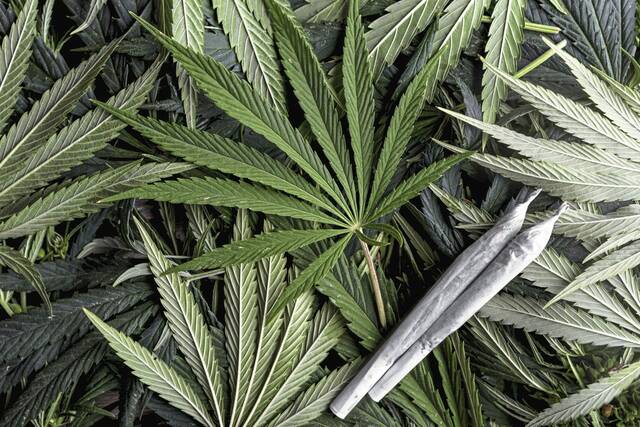As state lawmakers ponder fully legalizing marijuana, a new Senate bill points to a persistent related problem that Congress should resolve.
Like 37 other states, the District of Columbia and three territories, Pennsylvania allows the use of medicinal marijuana. Those territories, the District of Columbia and 23 states also have legalized all marijuana use.
The federal government continues to classify cannabis as a Schedule I controlled substance, which applies to illegal opioids, cocaine, methamphetamine and other drugs.
Although the Rohrabacher-Farr amendment, passed in 2014, precludes federal law enforcement from prosecuting anyone who is in compliance with their state’s marijuana law, Pennsylvania has the opposite problem: local and state prosecution based on the federal standard.
Even though Pennsylvania allows the use of medical marijuana, it also has a zero-tolerance law that allows police to charge anyone for possessing any amount of a Schedule I drug while driving, including marijuana.
More than 500,000 Pennsylvanians, most of them drivers, have medical marijuana cards.
Impairment should be the issue. In DUI cases involving alcohol, a reliable test can establish whether a driver’s blood alcohol content is above the statutory threshold of 0.8%. There is no comparable standard or test for marijuana.
State Sen. Camera Bartolotta, a Washington County Republican, has introduced a bill to remove what she called the presumption that every legally authorized medical marijuana user is impaired. Instead, police would have to prove impairment, as they must in alcohol-related cases even if they do not have a blood test result.
The Legislature should pass the bill, which will be even more important as the state takes up full legalization.
Meanwhile, Bartolotta noted that drivers have no obligation to tell police that they are medicinal pot users and that it would be wise to keep medical marijuana cards separately from drivers’ licenses.








